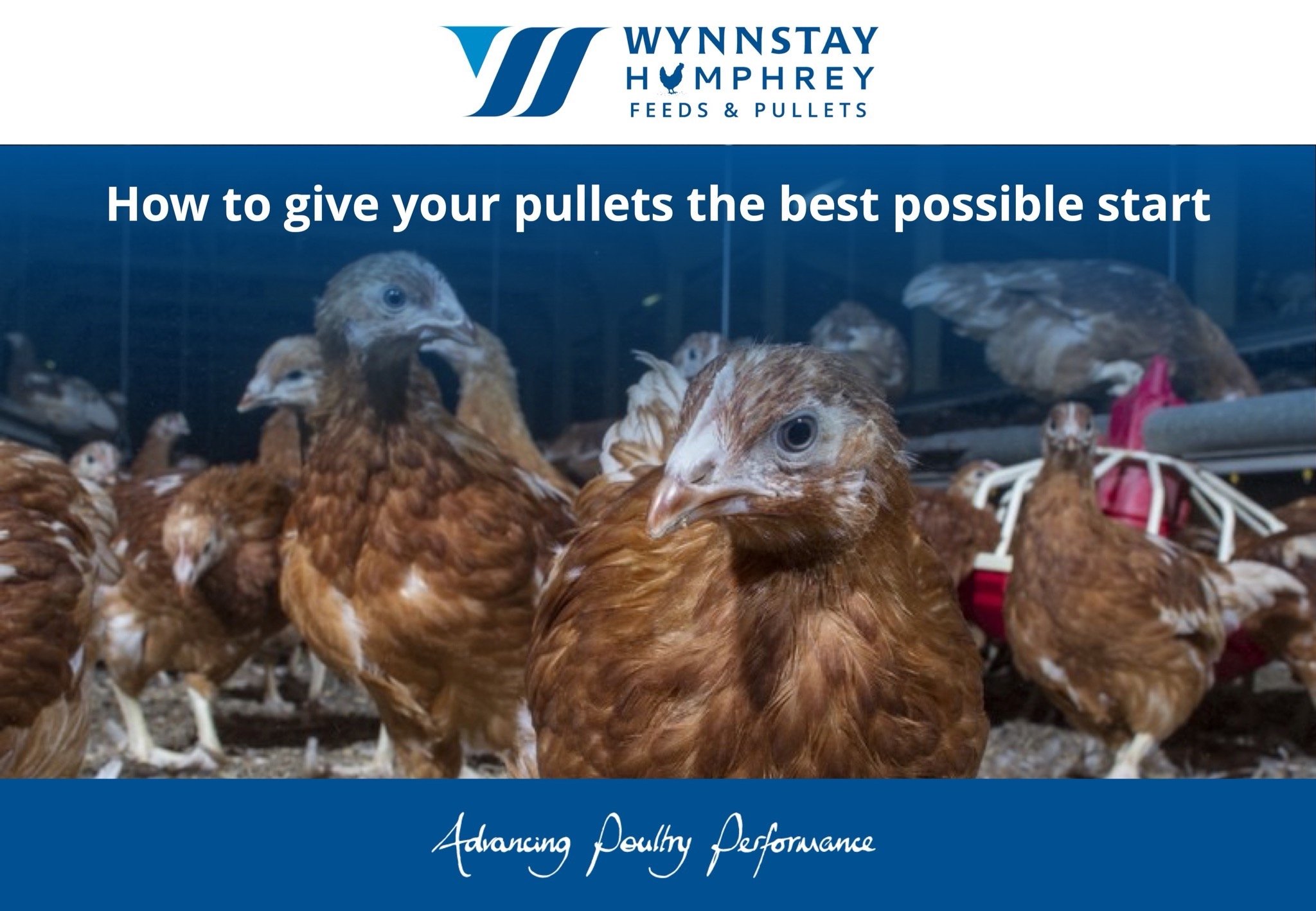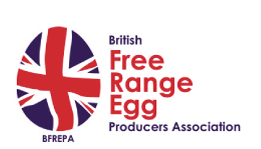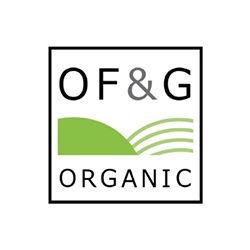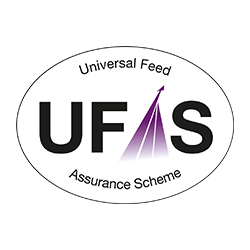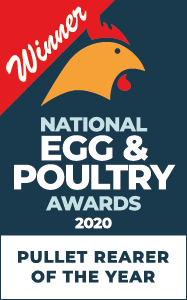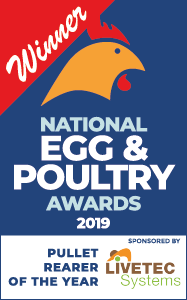The deputation visiting Brussels at the end of September – Martin Humphrey – Sales Director of Humphrey Feeds & Pullets along with Christine McDowell and Aimee Mahone of the NFU and Richard Kempsey of Stonegate Farmers held talks with Stuart Agnew MEP and Nick Verlot the Head of the Organic Unit in DG Agriculture, part of the EU Commission to discuss extensions to the 2 organic poultry derogations due to expire at the end of the year.
A removal of these derogations will have serious consequences for the welfare of organic poultry in the UK as well as challenging the viability of organic poultry production.
The first derogation concerns ending the exceptional permission (derogation) for 95% organic poultry feed and the second involves the cessation the derogation allowing part organic pullets in the UK, a standard that exists due to the absence of European regulations for organic pullet rearing.
Both of these issues are close to the hearts of the organic poultry community and to Humphrey Feeds & Pullets. , The welfare of the birds is the priority, and an extension of the current derogations must be granted to:
- ensure that organic poultry feed is nutritionally suitable and fit for purpose
- allow time for organic rearing standards to be implemented, to then allow organic rearers to invest in appropriate systems – this will take at least 3 years.
Feed
There are two important amino acids in poultry feed. The first, Methionine, helps the bird to feather up – particularly important in organic birds which have to have access to the outside. Thermo-regulation of young birds is initially poorly developed so full feathering is essential for young birds. The second critical amino acid, Lysine, is important in muscle development, crucial for the growing young bird. Organic feeds must balance the amino acids using organic raw materials without the use of synthetic amino acids which are used in conventional feeds.
If amino acids are inadequately balanced in organic feeds, which would happen with 100% organic diets, then welfare can become compromised, which would in turn challenge welfare through the increase in cannibalism within poultry flocks.
Rearing
Currently, part organic pullets are not given access to a range outside the rearing house until they are 16 weeks and are moved to the organic laying farm. They are fed organic feeds throughout rear, and there is a six week conversion period whilst the birds are in their laying houses, yet not laying a significant volume or size of eggs.
There are no European standards, as we speak, for organic pullet production and although the sector would welcome a standard upon which they could build and invest, there needs to be a realistic time-frame to successfully achieve this. Conventional pullet rearing farms rarely own organic land around their poultry houses. Organic land is required on which planning permission is available to build appropriate rearing facilities. If the land is not currently organic, then organic certification and conversion needs to be secured before production could begin.




